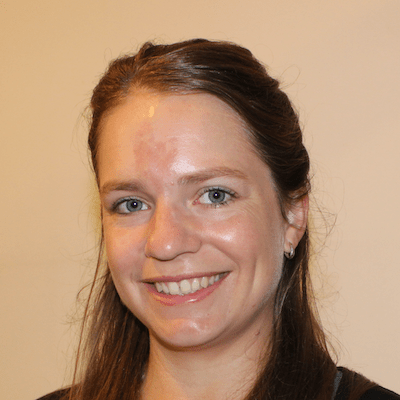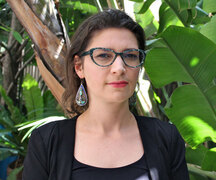Physical place, digital space, and the pervasive devices that bind them: understanding our ever-connected world
This project was a successful recipient of CAIDE's 2021 seed funding round 'Pervasive Devices.'
Digital devices pervade every aspect of our lives. With every new device the line between our physical and digital worlds becomes increasingly blurred. Today, it is almost impossible to find any physical space that does not have multiple associated digital places. For example, the ubiquity of wifi on campus, or government mandated digital check-in at cafes. This brings many benefits, such as seamlessly connecting to wifi or rapid contact tracing. It also brings challenges, such as privacy concerns about wifi data and the ethics of repurposing QR code data for surveillance. This complex ecosystem of physical space and digital place is fueled by the ever-increasing network of pervasive devices. It will become increasingly important for individuals to have the digital-literacy skills to evaluate the benefits and challenges of engaging with pervasive devices. However, before this can be achieved, a clearer understanding is needed of what individuals understand about our place in these increasingly complex digital ecosystems.

This project investigates what individuals understand about the relationship between physical place, digital space and the pervasive devices that bind them. It asks how much we understand about the impact this relationship has on our day-to-day lives and our rights more broadly. The University of Melbourne will form the pilot for this work.
Researchers
- Dr Marc Cheong

Senior Research Fellow in Digital Ethics
Faculty of Engineering and Information Technology
University of Melbourne
- Dr Kristal Spreadborough

Research Data Specialist
Melbourne Data Analytics Platform / Faculty of Fine Arts and Music
University of Melbourne
- Dr Aleks Michalewicz

Research Data Specialist
Melbourne Data Analytics Platform / Faculty of Arts
University of Melbourne